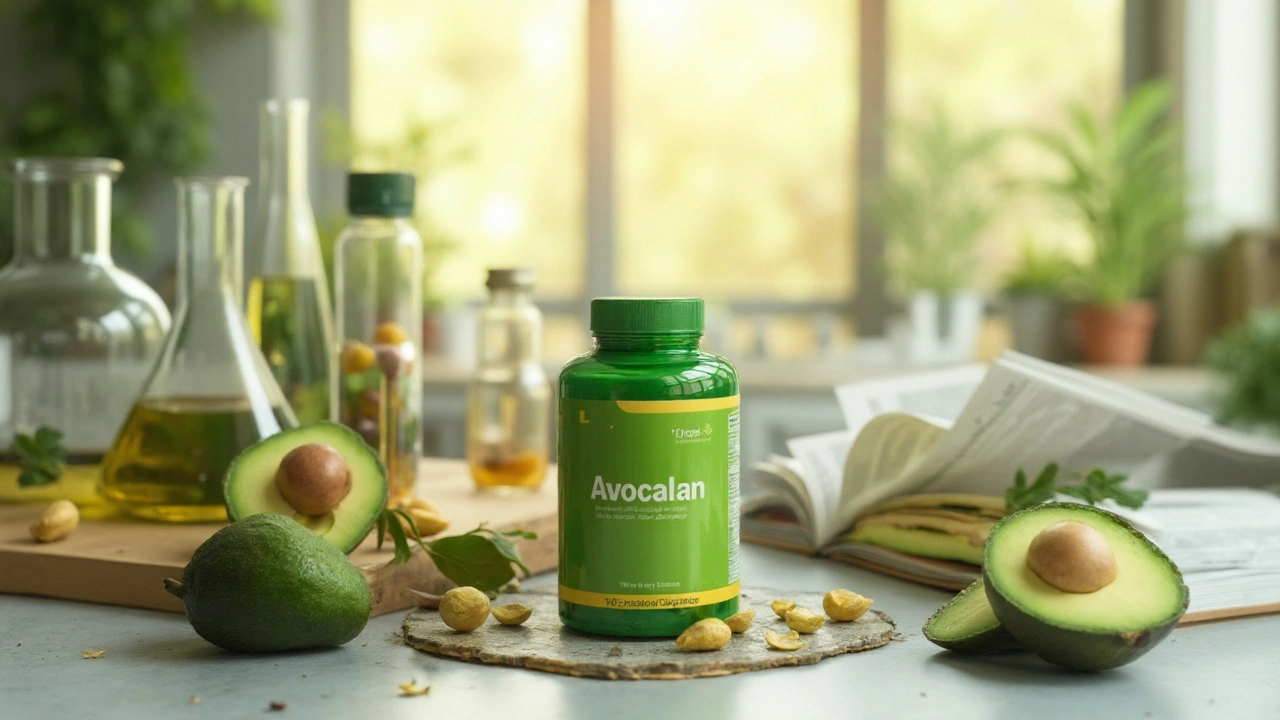Dietary Supplements: What They Are and How to Use Them Safely
If you’ve ever wondered whether a pill or powder can fill a nutrition gap, you’re not alone. Dietary supplements are products that add vitamins, minerals, herbs, or other ingredients to your diet. They’re meant to support health, not replace food. From a calcium D‑glucarate capsule that helps detox the liver to a guava powder packed with vitamin C, the options are huge.
Most people start a supplement because they feel something is missing—maybe a low energy level, joint aches, or just the desire to stay ahead of a health issue. The good news is that many supplements are backed by solid research, but the market also holds products with shaky claims. That’s why knowing the basics matters before you click “add to cart.”
Common Types of Supplements
Here are the categories you’ll see the most:
- Vitamins & minerals: Vitamin D for bone health, magnesium for muscle relaxation, iron for anemia.
- Herbal extracts: Thunder god vine (celastrol) for metabolism, turmeric for inflammation, ginkgo for brain flow.
- Protein & amino acids: Whey, casein, BCAAs for muscle repair.
- Specialty compounds: Calcium D‑glucarate for detox support, probiotics for gut health, omega‑3 fish oil for heart health.
Each type works in its own way. For example, calcium D‑glucarate helps the liver process excess estrogen, while guava supplements give you a quick boost of antioxidant vitamin C. Picking the right one depends on your goal.
How to Choose Safe, Quality Products
Safety starts with the source. Look for supplements that are manufactured in facilities inspected by recognized authorities (like the UK’s MHRA or the US FDA’s GMP program). If a product lists a third‑party test label—USP, NSF, or Informed‑Choice—consider that a green flag.
Read the label carefully. A trustworthy supplement shows the exact amount of each ingredient, the form (e.g., “calcium D‑glucarate powder”), and any fillers or allergens. Avoid vague phrases like “proprietary blend” that hide the real dosage.
Check the price. If something seems too cheap, it probably is. High‑quality powders and capsules cost more because of strict testing and clean manufacturing. When you shop online, stick to reputable pharmacies or directly to brand websites that provide clear contact info and a physical address.
Finally, talk to a health professional if you’re unsure. People on prescription meds—like those using Lexapro, Ivermectin, or Aricept—need to know about possible interactions. A pharmacist can flag a supplement that might interfere with your treatment.
In short, dietary supplements can be a useful addition to a balanced diet when you pick the right ones, verify quality, and stay aware of how they fit with your overall health plan. Use the tips above, and you’ll feel more confident about the pills and powders you choose.
Avocado Dietary Supplements: Real Science, Real Benefits for Your Health
Explore the hard science behind avocado dietary supplements, their surprising health benefits, and expert tips for making them a part of your wellness routine.
- 20
- Read More
